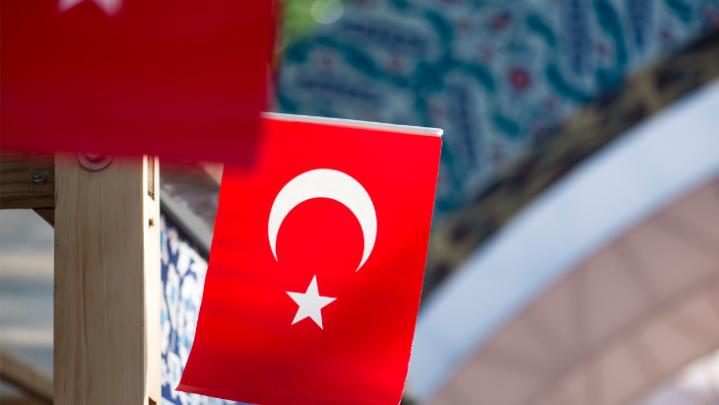Medical travel to Turkey is increasing
Turkey is getting an increase in medical tourism numbers, even if sources disagree on numbers. IMTJ looks at the recent evidence.
In 2005, the Turkish Healthcare Travel Council (THTC) was established to strengthen health tourism activities and to unite the national efforts to bring more patients to Turkey from around the world. It has 375 members, consisting of general hospitals, private clinics, thermal and medical spa centres, hotels, travel agencies, spa and wellness centres, medical travel agents and assistance companies, and 161 network offices in 90 different countries.
THTC data
THTC claims are often published as medical tourism numbers, but the organisation makes it very clear that the numbers are for all international patients, as well as actual inbound medical tourists. Their numbers include Turks who return to Turkey for care and treatment, temporary refugees who live in Turkey, emergency cases airlifted from other countries, local expatriates and travellers who get ill or injured (see IMTJ’s article the definition of international patients).
According to THTC, in 2017 Turkey hosted 756,000 international patients from 144 countries.
They contributed a direct income of US$7.2 billion to the Turkish economy.
TurkStat data
The Turkish Statistical Institute (TurkStat) states that the number of medical tourists, including those travelling for cosmetic surgery and hair transplants, and including Turks living overseas, in 2017 was 433,292.
TurkStat says that medical numbers were 274,062 for the first 6 months of 2018, and estimates 450,000 for 2018.
This data includes large numbers of Turks who live overseas, and although there is no figure for 2017, the 2014 expat figure was over 88,000.
Other data released by TurkStat shows that in 2017 Turkey generated US$1 billion in healthcare tourism, with US$590.1 million in the first half of 2018.
Turkey’s government estimates have stated that there will be 850,000 international medical patients by the end of 2018 and over 1 million patients by the end of 2019.
Medical tourism to Turkey does look like it is on the increase. Medical tourists from Bahrain, Kuwait and the United Arab Emirates have significantly increased since the beginning of 2018. The country’s close cultural and religious ties with the Gulf Cooperation Council (GCC) countries have made Turkey especially attractive for Arabic-speaking patients. Patients from Saudi Arabia, Qatar, Kuwait, the UAE, Jordan, and Lebanon, also have a strong interest in hair transplantation, eye surgery and treatments such as Lasik surgery.


